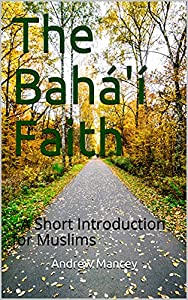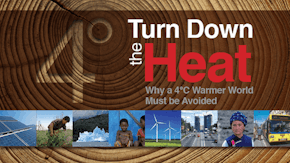There has been a move to use tablet computers in schools. Having been a tablet (android) user for the past year or so, for 5 plus hours a day, I have given some serious thought as to the pros and cons of tablets. After some research I have yet to find a good evaluation of the tablet in schools. Anyway here are some thoughts on the subject. Note that this post applies also to the more capable smartphones.
Pros
Lower cost
Portable
Free or cheap apps
Wifi built-in
Good for browsing, multimedia
Good for reading ebooks and other content
Useful sensors (much potential here, see
here)
Android OS also widely used in smart phones
Cons
Limited battery life and charging issues
Keyboard (pop up) inadequate for serious text entry
Copying and pasting not easy
Graphics creation limited
Designed for personal use by one user, not multiuser
Apps and environment not designed for group/corporate use
Repairs more difficult than for PC
Security issues
Some of the problems are due to hardware limitations such as battery life, pointing inaccuracies and limited processing power and will mostly resolve. Others are software issues and fixable. For example there could be special accounts at Google for android systems that are used by multiple users and belong to a school or business. May be these could use facial recognition or fingerprint to switch users and wipe user data. Apps could store work online in individual accounts.
The difficulty of composing text for reports or assignments is not easy to solve without resort to full size keyboards (e.g. using bluetooth). I do not think using voice to text is ready yet or appropriate for class use.
There is no doubt tablets/smartphones
will be used in schools, it is a case of making the best use of them but I do not intend to get into that complex subject here. I would just add that the rate of technological change is high which makes it difficult for teachers to keep up and for institutions to get a return from the funds spent. Change has to be planned for.
Many of the articles and evaluations found on the net are already out-of-date. No doubt this post will be out-of-date soon too...






